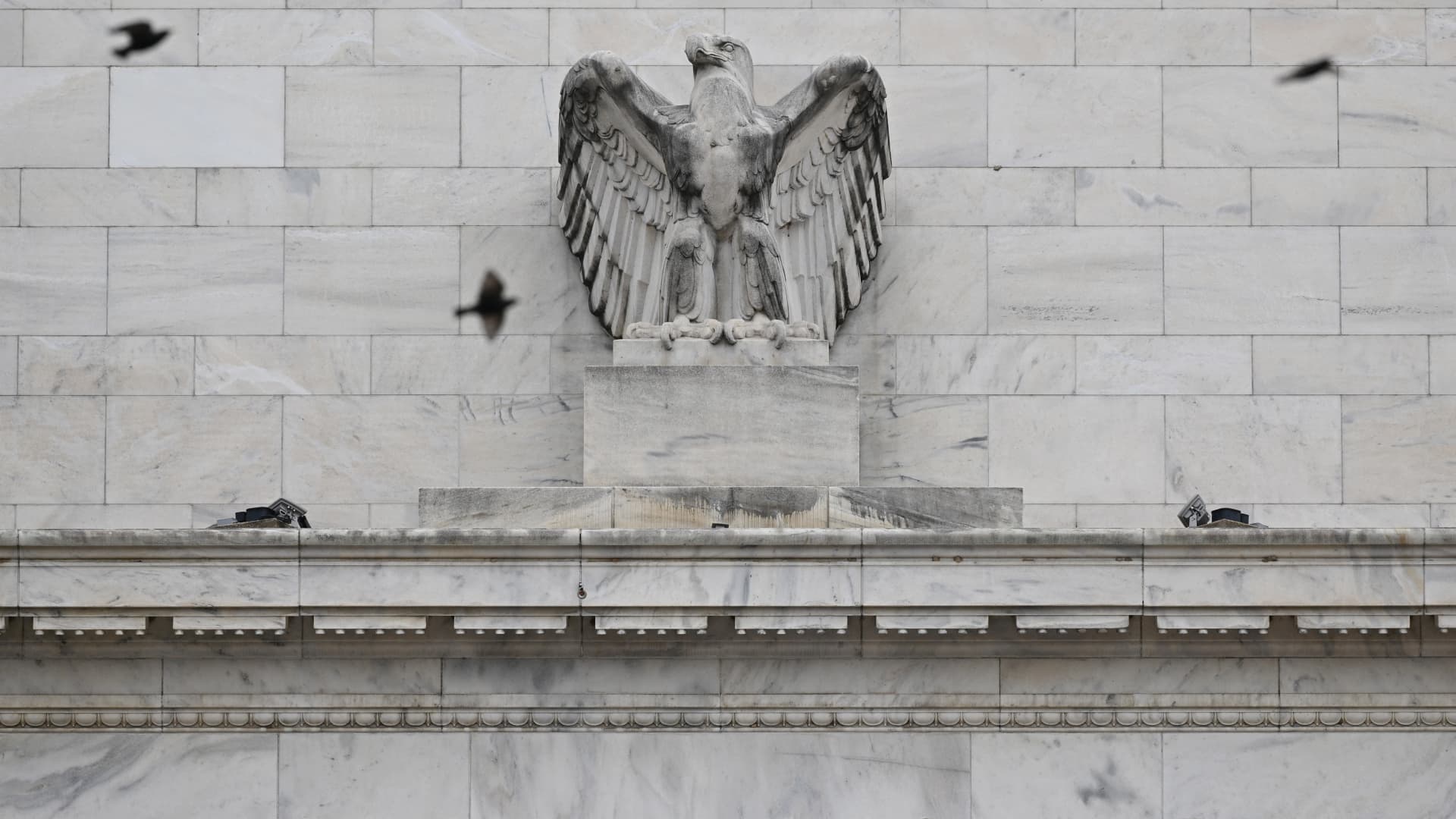Israel Sebastian | Moment | Getty Images
Investors who hold exchange-traded funds can often escape a tax bill incurred by those with mutual funds, which are generally less tax efficient, according to investment experts.
ETFs and mutual funds are baskets of stocks, bonds and other financial assets overseen by professional money managers. But they have a different legal structure that bestows ETFs with a “tax magic that’s unrivaled by mutual funds,” Bryan Armour, the director of passive strategies research for North America and editor of the ETFInvestor newsletter at Morningstar, wrote this year.
That tax savings relates to annual capital gains distributions within the funds.
Capital gains taxes are owed on investment profits.
Fund managers can generate such taxes within a fund when they buy and sell securities. The taxes then get passed along to all the fund shareholders, who owe a tax bill even if they reinvest those distributions.
The ETF tax advantage is by virtue of “in-kind creations and redemptions,” which essentially provides for tax-free trades for many ETFs, experts explain. (The ETF’s in-kind transaction mechanism is somewhat complex. At a high level, it involves large institutional investors called “authorized participants,” which create or redeem ETF shares directly with the ETF provider.)
The tax advantage is generally most apparent for stock funds, they said.
For example, more than 60% of stock mutual funds distributed capital gains in 2023, according to Morningstar. That was true for just 4% of ETFs.
Less than 4% of ETFs are expected to distribute capital gains in 2024, Morningstar estimates. Such data isn’t yet available for mutual funds.
Here’s a look at other stories offering insight on ETFs for investors.
Importantly, this tax advantage is only relevant for investors holding funds in taxable accounts, experts said.
It’s a moot point for retirement account investors like those with a 401(k) plan or individual retirement account, which already come with tax benefits, experts said.
The tax advantage “really helps the non-IRA account more than anything,” said Charlie Fitzgerald III, a certified financial planner based in Orlando, Florida, and a founding member of Moisand Fitzgerald Tamayo.
“You’ll have tax efficiency that a standard mutual fund is not going to be able to achieve, hands down,” he said.
However, ETFs don’t always have a tax advantage, experts said.
For example, certain ETF holdings may not be able to benefit from in-kind transactions, Armour said.
Examples include physical commodities, as well as derivatives like swaps, futures contracts, currency forwards and certain options contracts, he said.
Additionally, certain nations like Brazil, China, India, South Korea and Taiwan may treat in-kind redemptions of securities domiciled in those countries as taxable events, he said.

 Personal Finance1 week ago
Personal Finance1 week ago
 Personal Finance1 week ago
Personal Finance1 week ago
 Personal Finance1 week ago
Personal Finance1 week ago
 Economics1 week ago
Economics1 week ago
 Economics1 week ago
Economics1 week ago
 Economics1 week ago
Economics1 week ago
 Economics1 week ago
Economics1 week ago
 Economics1 week ago
Economics1 week ago










